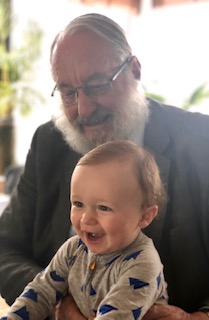One consequence of the Covid-19 pandemic in Australia has been a resurgence of trust in Australian institutions, a resurgence that has not been so evident in some other societies. Some questions remain.
- Whether this trust is maintained in general.
- Whether the Australian university sector suffers long-term funding harm and loss of trust as a result of the lack of overseas students and the cuts to staff.
- Whether the emergency Covid 19 provisions change the way in which work and schooling are carried out in Australia.
- Whether the Covid 19 crisis creates an opportunity to rethink how we look at education, particularly if it is seen through the lens of trust.
When I first became interested in research on trust in 2006, I was struck by the lack of attention given to this notion in mainstream western philosophy. This impression has been echoed in a recent handbook on the topic: ‘Trust is pervasive in our lives…. Yet only in the last several decades has trust started to receive focused attention from philosophers as a specific topic of investigation’ (Simon, 2020, p. i).
Trust has been conceived as a potentially reciprocal relationship between moral persons, whereas personal relations with non-moral entities have been thought of as a form of reliance or dependence. However, there are circumstances in which it is reasonable to say of both moral persons and non-moral entities that ‘I rely on them but do not trust them.’ In such cases, the relation of reliance is marked by caution, suspicion or distrust. This is in contrast to the trusting relation of a person with a non-moral entity. Some of the more recent entries into the literature explore aspects of trust in a variety of non-moral contexts.
In a previous PESA Agora column, I invited readers to join me investigating trust in education. I thought it may be helpful to provide a reading list of works on this topic I have either read or wish to read. This is not a thorough nor systematic literature survey, but it may serve as a useful starting point for those beginning to investigate trust in contexts of interest. This is not an annotated list – such a process now seems less useful because electronic searching makes selection of works a much easier task than heretofore. If all goes well, the list may help researchers avoid the need for a shelf search in their local library.
[Follow the link above for the pdf.]




